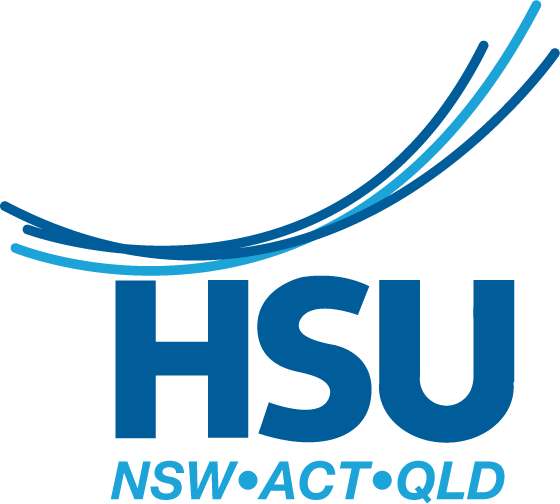NSW paramedics to rebel against health rules amid wait time crisis
-
Published March 20, 2023
The Daily Telegraph, 20 March 2023
NSW paramedics will begin leaving non-urgent patients unattended at hospitals so they can respond to emergency calls in a huge open revolt against health department rules. Here’s why.
Ambulance officers will this week go into open revolt against health department rules and leave non-urgent patients unattended at hospitals so they can respond to emergency calls.
In an unprecedented move, paramedics have developed their own protocol of assessing whether it is safe to leave a patient unsupervised and will no longer abide by health department orders from tomorrow.
The action follows years of decline in hospital ramping and will heap added pressure on the Coalition government in the final days of the state election campaign.
It also follows the infamous “Year of the Strike” in which unions crippled the rail network and closed schools with wave after wave of industrial action.
A report by the Australian Medical Association last year found that while NSW had a target of 90 per cent of patient transfers within 30 minutes, it in fact achieved only 84.8 per cent — a decline of 6.2 per cent from 2017.
At the same time there were a record number of calls to ambulances in the final quarter of 2022, according to the Bureau of Health Information, although response times had improved from being the worst on record in the middle of last year.
This included a surge of almost 25 per cent in priority 1 emergency calls from the same quarter in 2019.
Under current rules paramedics are required to wait with patients until they are formally transferred over to hospital staff, even if they are suffering from relatively mild conditions such as sunburn.
And with shortages across the hospital system there is often not a staff member on hand to complete the handover in a timely fashion, leaving paramedics stuck at hospitals while Triple-0 calls flood in.
Paramedic Justin Chetwertak said the importance of response times literally hit home for him when he found himself responding to an emergency call from his own grandfather.
“It was scary,” he told The Daily Telegraph.
Mr Chetwertak, who is also a Health Services Union delegate, said hospital ramping was a massive handbrake on response times.
“Response times do matter and one of the biggest things that’s hindering our response times is wait times at hospital,” he said.
“We do believe it will have a positive effect. Ultimately there are a lot of patients who are probably too unsafe to leave at home but also probably don’t need to have two paramedics sitting next to them.”
Under the new protocols, sighted by The Daily Telegraph, a patient would have to be between the age of 18 and 85, able to walk, free from a sectionable mental illness and have sound vital statistics before they were even considered to be able to be left unattended.
If their condition was deemed low risk — classified as priority 3 — they would be left in a comfortable location with a tag identifying the paramedics’ observations and time and the triage nurse would be informed of their presence.
HSU NSW Secretary Gerard Hayes said paramedics were taking the action to provide the best possible health care for patients within straitened resources.
“It’s astounding we have to do this, but we have no other option,” Hayes said.
“Paramedics are at their wits’ end. They are forced to hang around emergency departments with patients who have constipation, stubbed toes or sunburn all because there simply isn’t enough staff to process a handover.
“We are sacrificing crucial minutes where we could be responding to a potential cardiac arrest.”
Mr Hayes said the ultimate cause of the problem was a collapse in hospital staffing which he blamed on insufficient wages.
“There are 12,000 vacancies across the hospital system because people with skills and experience simply can’t afford to live in NSW and work in health.”
